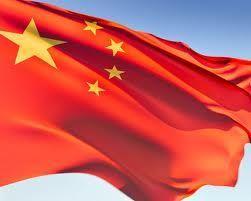
China's big business tycoons are waking up to the growth potential of organic agriculture and starting to invest in the sector, reports Chinadialogue.net.
Computer giant Lenovo chairman Liu Chuanzhi is reportedly considering 12 agricultural investment schemes, concentrating initially on fruit products.
Meanwhile, property tycoon Wang Jialin, chairman of Dalian Wanda, is understood to be planning an organic farm, set to produce over 1,200 tonnes of organic fruits and vegetables a year.
And Chinese fruit juice mogul Zhu Xinli has set out his stall to become a giant of the organic farming world with organic fruit farms in Miyun, northeast of Beijing.
'The arrival of this new leadership marks a fresh strategy for our agricultural business,' a Lenovo spokesperson told the publication.
Figures from venture capital and private equity consultant Zero2IPO Research Centre show that investment in Chinese agriculture reached a new peak in 2010, the report says.
Some 47 investments were made totalling US$891m – more than half the value of all previous investments put together.
'Green and organic methods are one of the factors attracting capital,' a Zero2IPO researcher said.
Industry sources told the publication that the entry of stronger organic companies will shake up the sector and force small and medium-sized firms to improve.But China's existing small-scale organic farmers are worried about big business buying up their farms.
Organic agriculture was introduced into China in the 1980s, but was export-oriented until 2005, according to the report.
It was post 2008, after a series of food safety scandals including the poisoning of babies with melamine-tainted infant formula, that community-led organic agriculture began to emerge in China, experts are quoted as saying.



